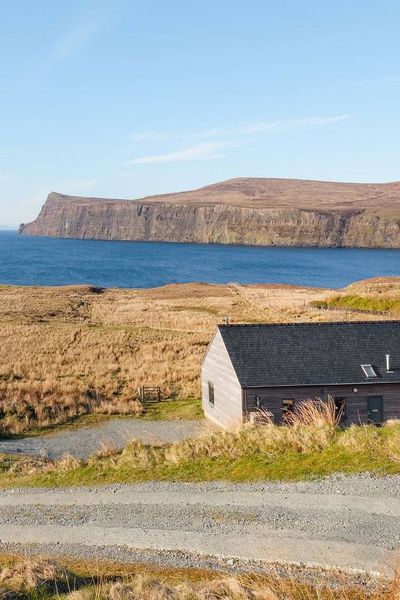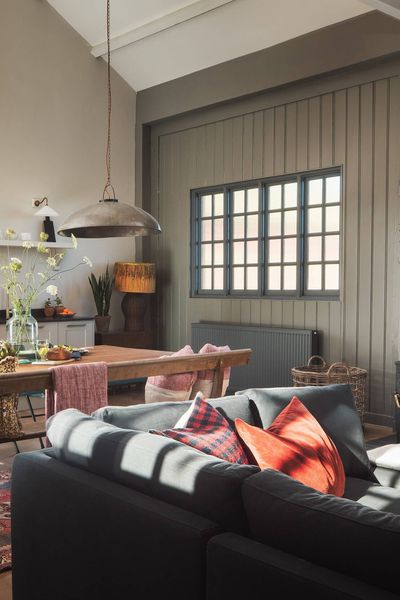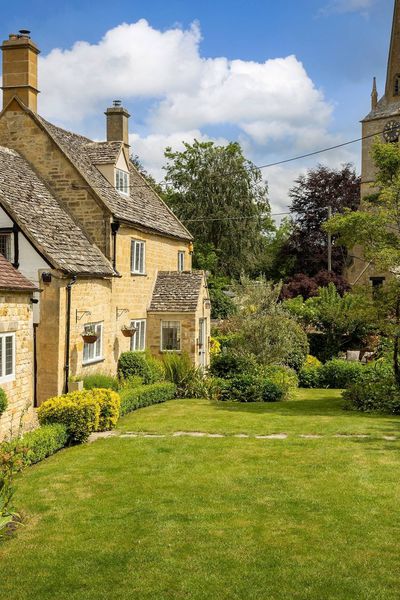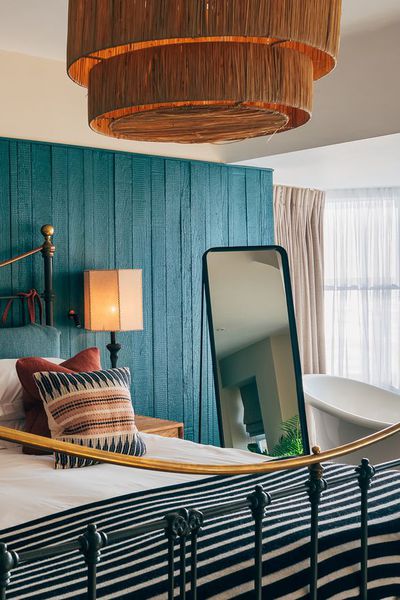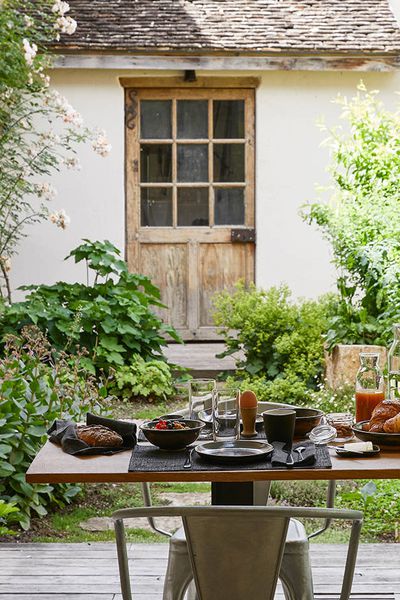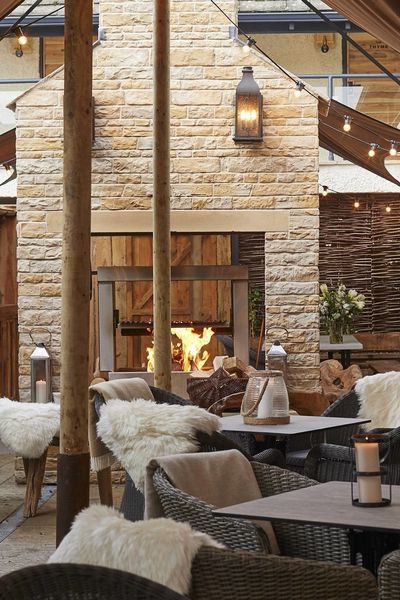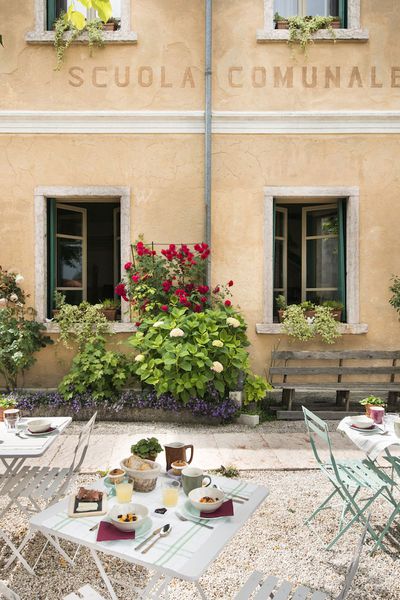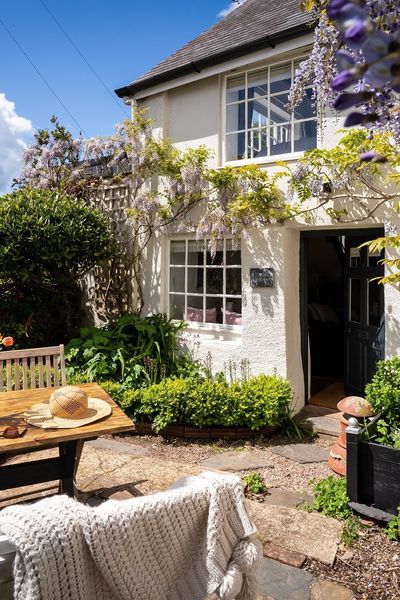
With the energy crisis and the climate crisis forming a perfect storm of headlines, investigating renewable energy sources is more important than ever. It could help lower your own bills, as well as the planet’s temperature. In this article, we’ve detailed a few options for reducing your energy usage, from supplier choices and simple reduction strategies, to bigger undertakings that will make massive change. Many of these ideas are quite complex to implement and some might not applicable depending on the type of property you own and run. Over the coming year we’ll be bringing in experts to dive deeper into many of their technicalities, but here’s a snapshot to get you thinking.
Switching to a 100% renewable provider
This is a really simple first step that’s one of the easiest to explore and can have a huge impact. If you get your power from the grid, you have a choice about who you buy from and while current circumstances make switching challenging, it’s worth researching your options and switching to a renewable supplier as soon as it’s viable. Renewable energy providers are more careful about where they get their energy from and switching to one does make a difference ecologically. They’re also no more expensive than other suppliers.
Utilise platforms such as the Ethical Consumer to learn more about green energy and the top ethical energy suppliers. In England, Big Clean Switch is a great place to compare providers and while we haven’t found a similar platform in Europe yet, we do have some suggestions of suppliers we know other owners use, such Unielectrica and Disa in Spain, Gold Energy in Portugal and Engie in France.
Reducing your consumption
Once you’re with a renewable supplier, you should look into reduction strategies, which will drive down your footprint as well as your bills. There are lots of ways to reduce electricity consumption with no impact on the consumer, so you needn’t necessarily worry about compromising your guest experience. However, with people becoming more attuned to their own impact, an honest and rigorous approach to sustainability can be a plus for some.
- It’s worth getting a smart meter, so you can measure what you are using when customers stay and what items require the most electricity.
- Swap to LED lighting or smart lighting in order to reduce electricity consumption both when in use and not in use
- While wood can be a low-carbon form of energy, reducing the need for large quantities can only be a good thing. Switch to electric alternatives (when used for heating) or to more efficient wood-burning stoves, to capture and use more heat effectively.
- How you source your wood can also have an impact. Wood from your own land, if you’re lucky enough to have any, can be a good thing in some cases, but wood needs to be very well seasoned to ensure its efficiency as a fuel source
- For those with both wood burners and additional heating – encourage guests to think twice before putting the wood burner on just because it looks nice!
- For our UK owners, insulation is key, as a well-insulated space incurs significantly smaller energy demands and costs. It’s a big issue though, so we’ll be tackling it in more detail elsewhere, with expert help
- Mostly for our European owners, air conditioning is likely to be a major source of energy usage. Technological development means newer systems are far more efficient, but customers still need to be aware of how they should be used effectively, so leave instructions on keeping doors closed and being sparing with the system.
Creating your own energy
In the future, producing your own energy will become an expectation, not an extra. Given that effective power generation can take time to achieve, it’s worth making plans as soon as you can. Here are some solutions to start looking into:
- Air/Ground Source heat pumps work by absorbing heat from the environment and transferring it compressed fluids and on into a central heating system. They can offer a 50-75% reduction in Co2, can be installed in days and last up to 20 years. Also, the Boiler Upgrade Scheme (BUS) has just been launched, providing a grant of up to £5000 to encourage property owners to install low-carbon heating systems like air/ground source heat pumps and biomass boilers
- Solar photovoltaic (PV) system The Energy Saving Trust has a Solar Calculator to help you see the benefits you may gain from installing PV panels. Cost/benefit comes down to finding out your energy bills in cost and kWh, the price of installation, estimated power from your roof space and the lifetime of the panels/batteries.
- Moving away from LPG. In only 15-20 years’ time, gasses like LPG simply won’t be available in the same way. If you are using petrol, diesel, kerosene or LPG, plan to cut down on this where possible or switch to electric alternatives.
- Other options include wind and hydro power, and we’ll have more on those in future. We’ll also be running a webinar with Renewable Energy gurus Dartmoor Energy in the coming weeks. We’ll let you know when details are confirmed
A final note
Please don’t forget to tell us your stories and let us know what works for you and what doesn’t. We can’t claim to be experts, but want to learn from the experts and the more we hear, the more we can share with our community and keep driving down our overall emissions as a company.
